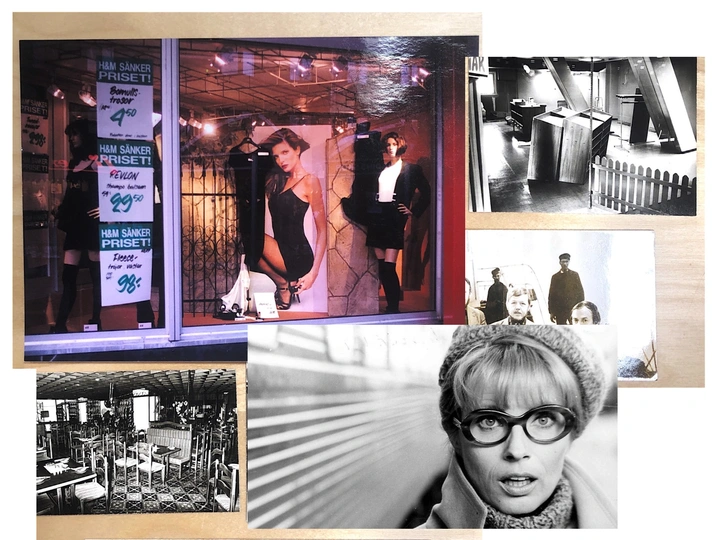The girls go shopping

I’m Architect, urban designer, Ph.D in architectural composition at University Iuav of Venice, scholar and curator. I use an integral approach which aims to rethink the technological and infrastructural environment as part of the perpetual stratifications and de-stratifications (human, non-human, more-than-human) of matter. I understand these processes as a kind of “strati-fiction”: a hybrid sedimentation of human narratives, desires, longings, myths, denials and figurations that demand the generation of alternative ways of narrating the past, the present and the future.
I have been Visiting Fellow at FAUP University of Porto in 2014 and at Luleå University of Technology with the Lerici Foundation grant in 2022. Since 2016 I’m Research Fellow at IR.IDE (Infrastructure Research Integral Design environment) of University Iuav of Venice.
Within the professional activity I have been nominated at the EU Mies Van Der Rohe Award 2019, curator of Grenada Pavilion at the 17th Venice Architecture Biennale and part of the team of the Georgian Pavilion at the 18th Venice Architecture Biennale.
This book explores the intersection of a film, The Girls, and the construction of Europe's first indoor shopping center in Luleå, Sweden, and their impact on the emergence of Swedish feminism. The Girls, directed by Mai Zetterling, which is a feminist reinterpretation of the ancient Greek play Lysistrata by Aristophanes, follows three actresses who stage the play at Europe’s first indoor shopping centre in Luleå, designed by the English architect Ralph Erskine. Both the film and the mall challenge social norms and reflect the era's capitalism, consumerism, and modernity, while addressing gender, sexuality, and power within the feminist movement led by Group 8 which dedicated its efforts to women's liberation, advocating for free abortion and opposing pornography and prostitution. The convergence of the sex wars depicted in the film and the creation of the shopping center symbolizes the exploration of female empowerment, gender equality, and reimagining public spaces. This convergence reflects the prevailing spirit of the time, characterized by a collective emphasis on women's rights, social transformation, and a challenge to established norms. Within this context, cultural and feminist movements arose, challenging the prevailing ideas by Alva Myrdal and Viola Klein's "Women’s Two Roles: Home and Work" and the ongoing relevance of the social democratic principles introduced in Sweden during the 1930s such as the positive eugenics.
The book is conceived as an archive of images and words that turns into a bodily and affective work, a state of nameless excitement that charges the environment. The urban and contemporary space of Shopping, through a photographic essay, becomes wild again, it is an aesthetic of collapse, as in the abandoned warehouses, in the unregulated outdoors. "Feminist goes shopping" is a collective work that writes of a utopia of bodies, of the desire for community, of a glimmer of possible futures.